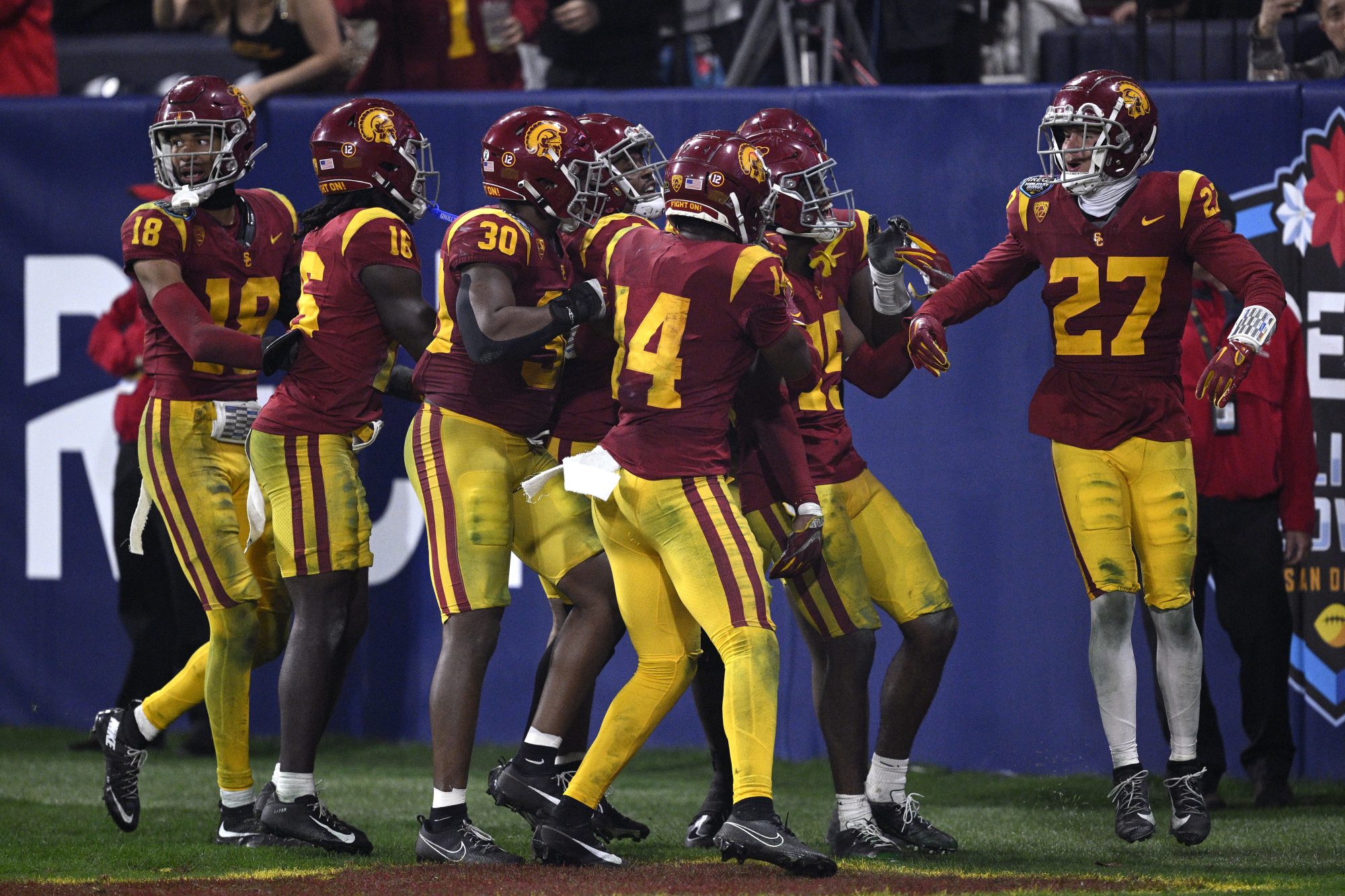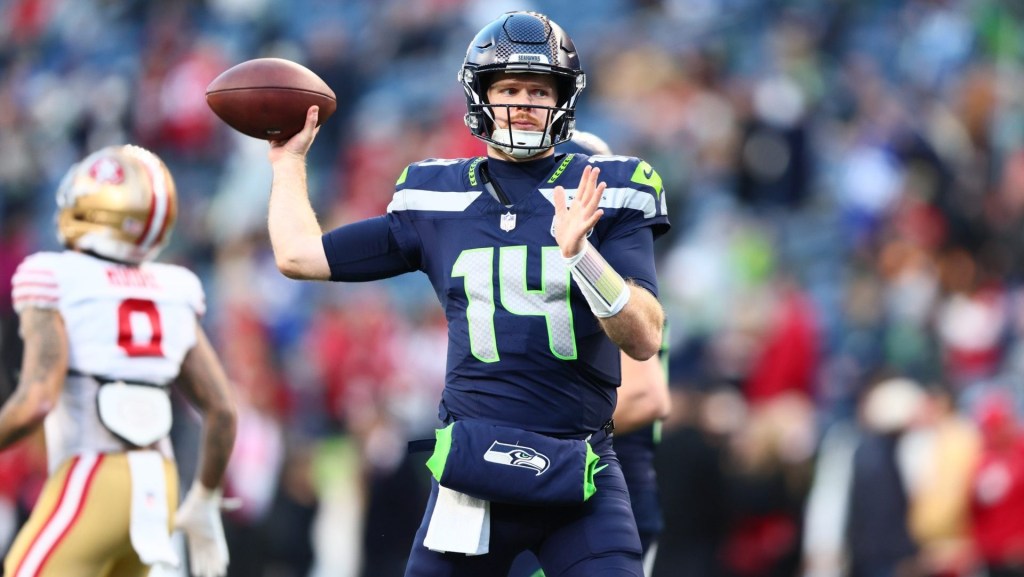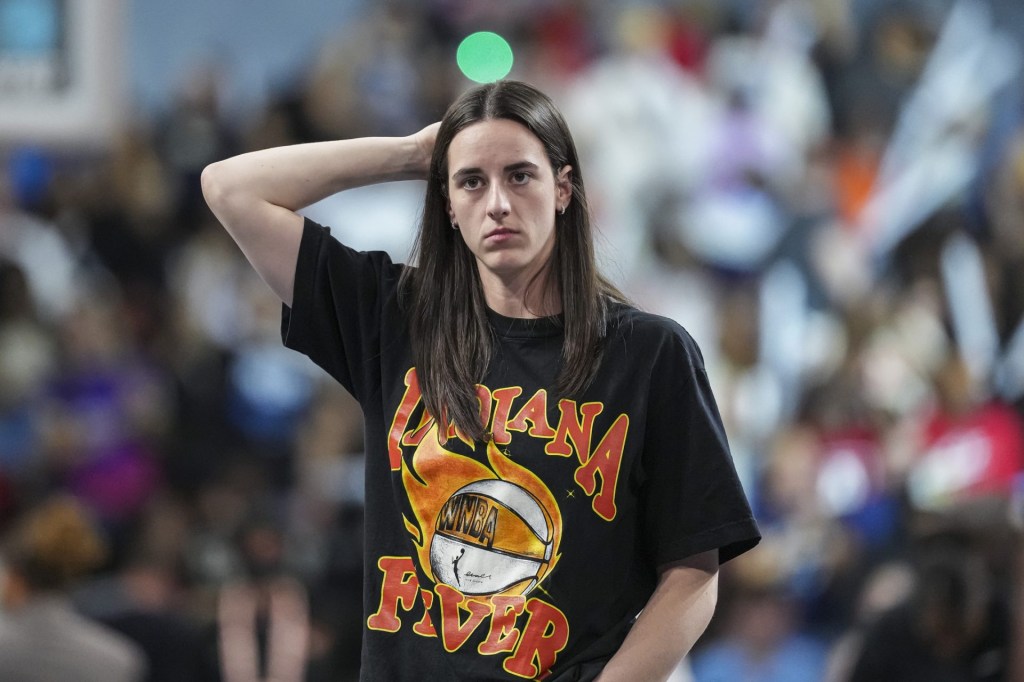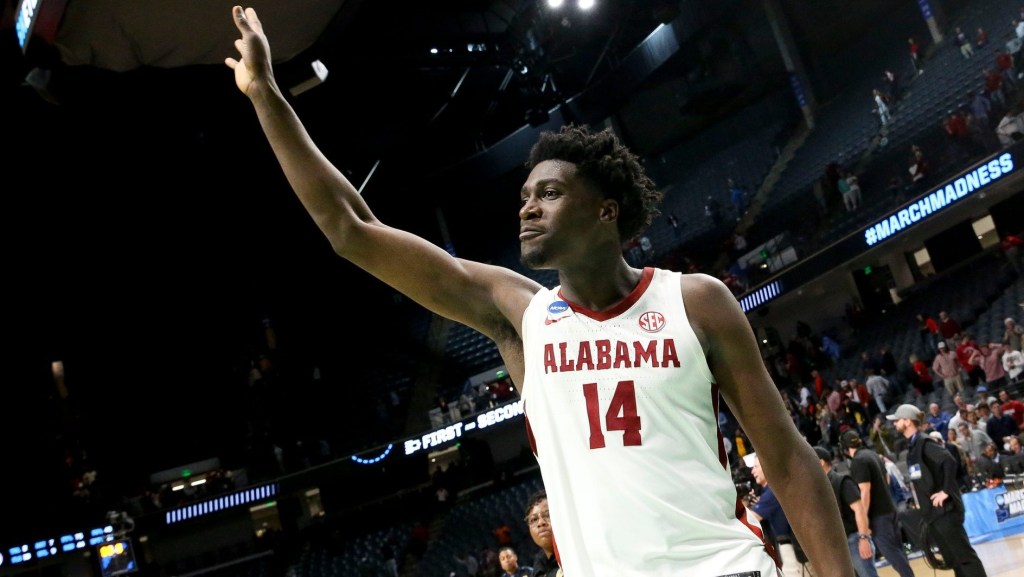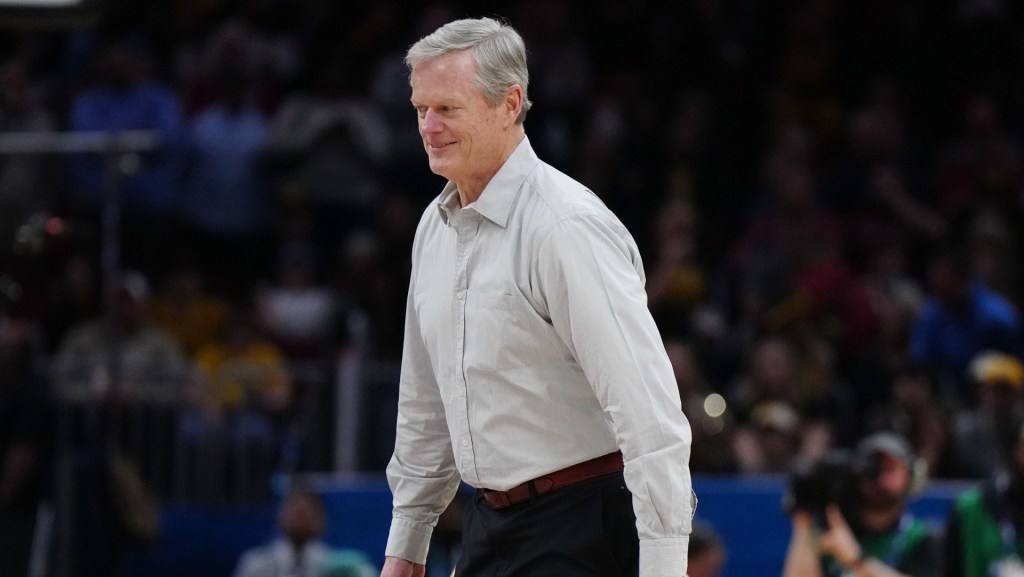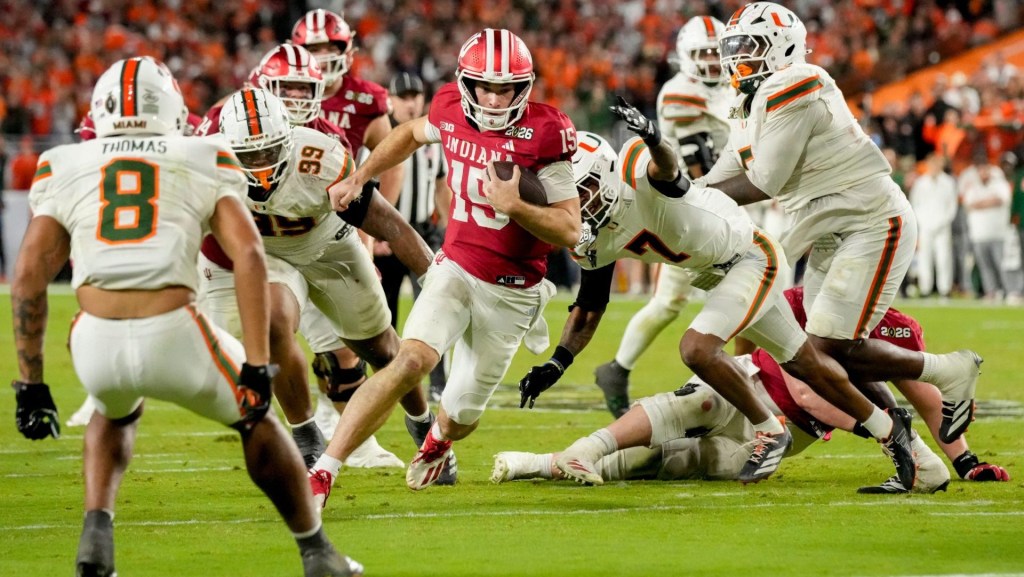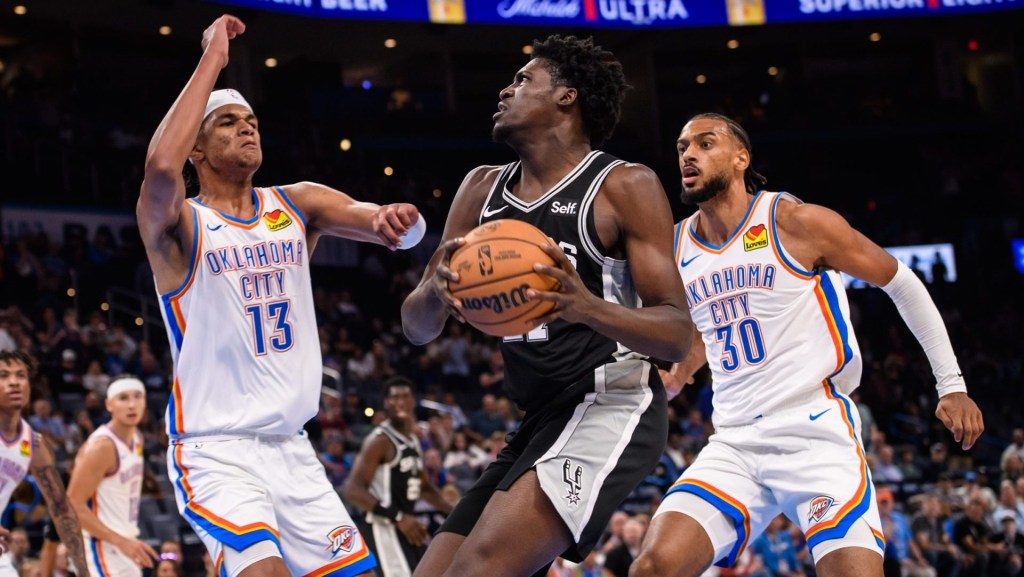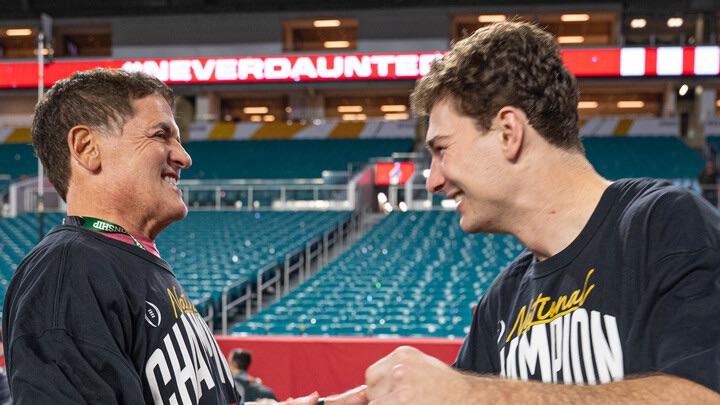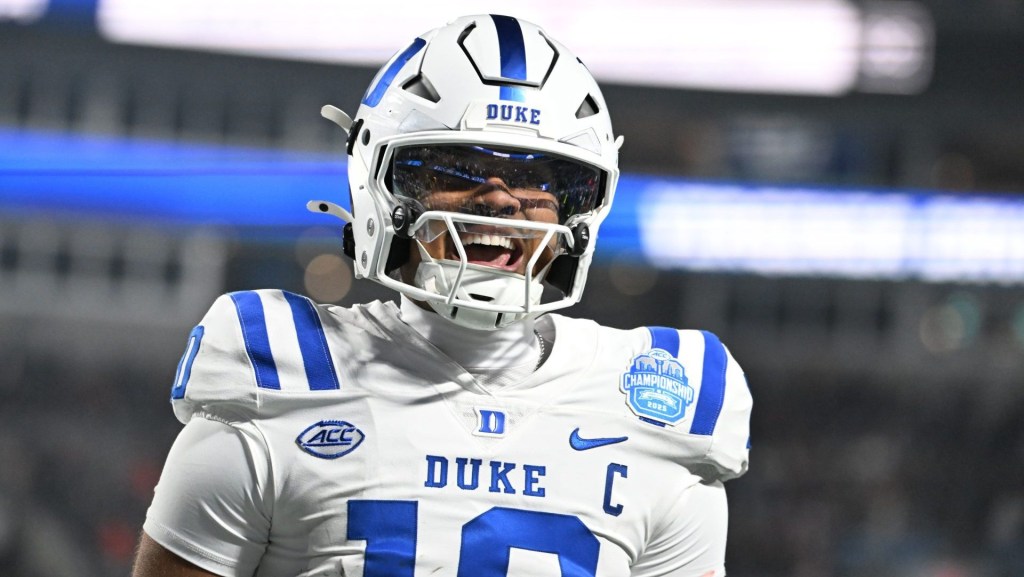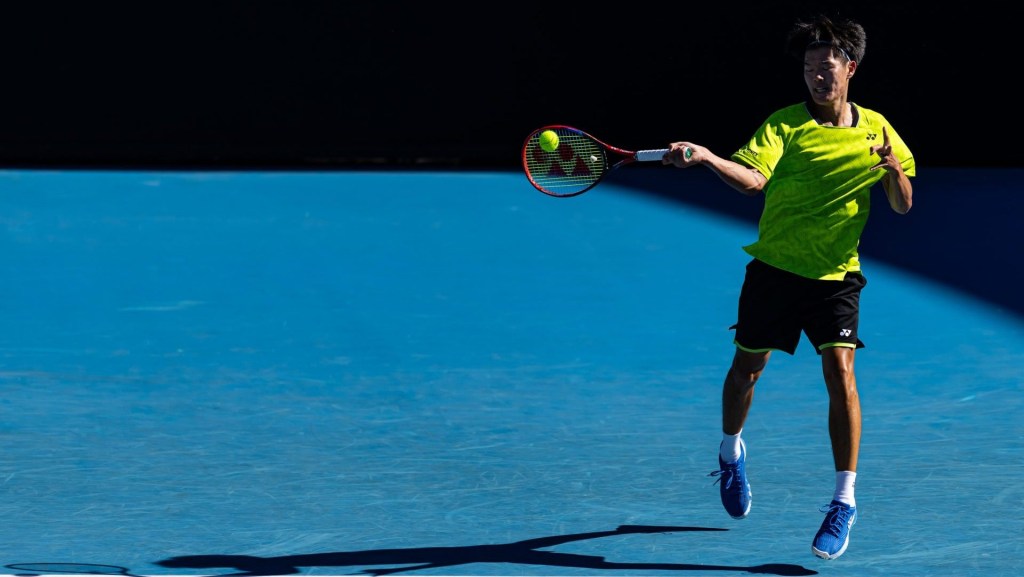There are no rules for athletes in USC’s athletic department. That’s according to three USC athletic department officials who testified during a labor trial over college athlete employment status this week.
They said there’s neither an enforceable Student-Athlete Handbook nor an athlete social media policy, that nothing is mandatory, and that unlike every other athletic department, USC athletics is, for players, a free-for-all.
The National Labor Relations Board case, for which a trial is ongoing, is examining the question of whether USC football and basketball players should be considered employees of the school, the school’s conference, and the NCAA. The original complaint was filed by an advocacy group called the National College Players Association and has been taken up by the NLRB. If the NCPA wins, amateurism could be killed altogether.
The three witnesses, Denise Kwok, Ryan Cohan, and Paul Perrier, were subpoenaed by the NLRB’s lawyers to testify as to whether the relationship between USC and players looks like an employment model. One of the central questions was control—the athlete side wanted to prove that the school exerted strict control over players, while USC attempted to show that players were treated like they engaged in “extracurricular” activities, rather than jobs.
Two former USC football players had previously testified that the school exercises strict control over players, from 60-hour-per-week training camps to set meal times and weekly hydration tests—all of which they understood to be mandatory. But the three athletic department officials said nothing was required.
Perrier, USC’s executive senior associate AD, testified that the men’s basketball team previously had “rules” but now only has “expectations.” Cohan, USC’s assistant AD for women’s basketball operations, echoed that testimony for the women’s basketball team, to which the NLRB’s lawyer replied by asking whether USC as a whole “prefers” the term “expectations.” Cohan said yes. The expectations, they said, were not written anywhere. Cohan even said he didn’t know how players were made aware of them.
Among the activities Perrier and Cohan claimed were just suggestions: team meals, study halls, summer training camps, and physical therapy. So what happens if a player fails to meet one of these nebulous expectations? According to Perrier, they would not face punishments—just “accountability activities.”
The alleged trend extends beyond just football and basketball. Kwok, deputy AD and former interim AD, testified that the athletic department has neither a Student-Athlete Handbook nor a social media policy—despite those documents being ubiquitous throughout college sports. When presented with a publicly available copy of a 2021-22 USC Student-Athlete Handbook, Kwok claimed that the handbook had been published in error and was never used or enforced.
This pattern of denying any sort of control is likely to continue next week, when USC begins calling its own friendly witnesses to testify to the legality of amateurism. By then, the NLRB will have concluded its case: that players are professionals under U.S. labor law.
